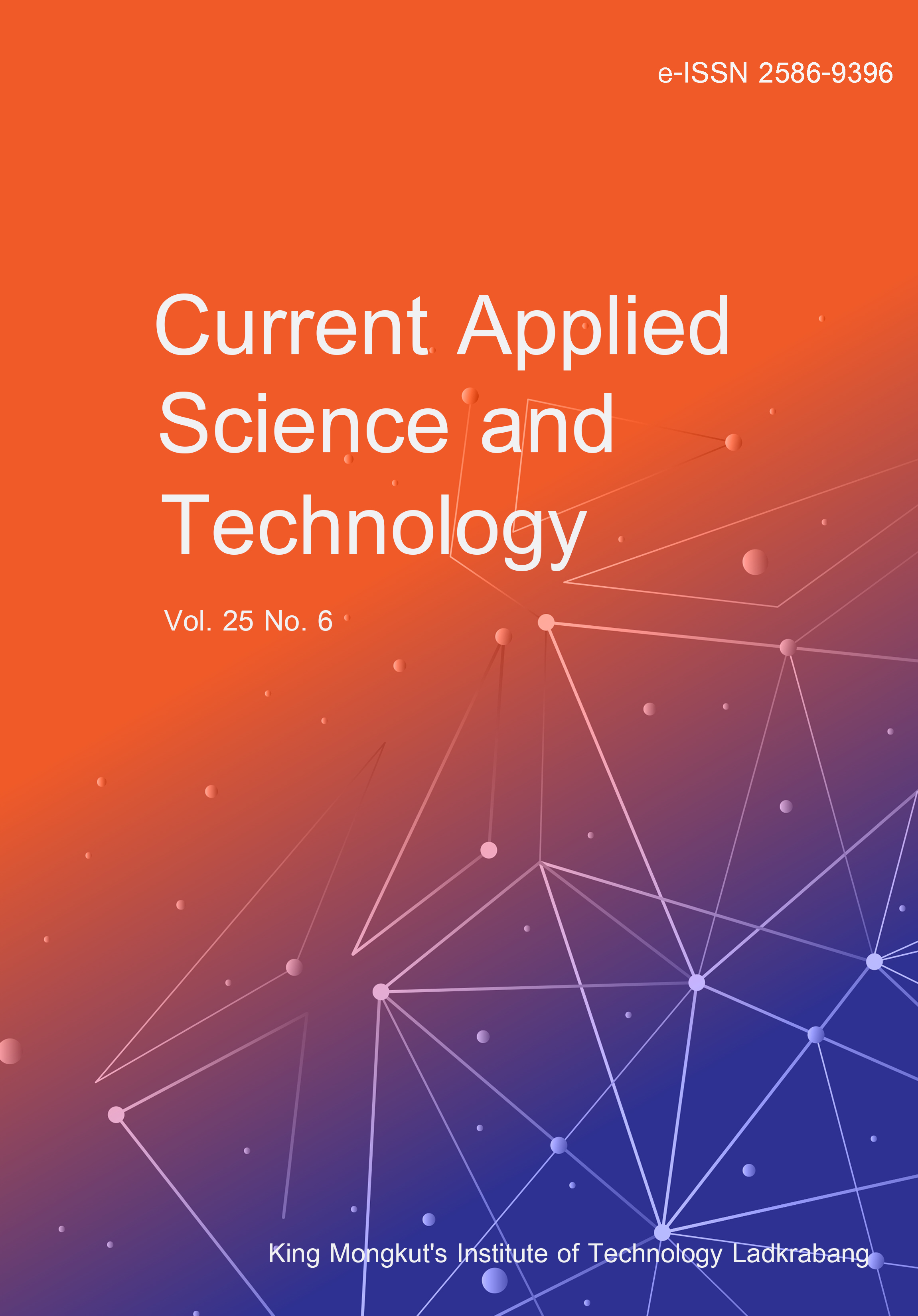Biodegradable polymers represent a hot topic in current environment. Biodegradable polymers can be decomposed into simple molecules like CO2, CH4, H2O and residual biomass. Bacillus sp. KUMBNGBT-64a, isolated from leftover soil that was gathered at Sagar taluk located in Shivamogga, Karnataka, India, was identified as Bacillus tequilensis KUMBNGBT-64a. Phenotypic and genotypic characteristics were used to identify the bacteria. Various conditions were employed to maximize the highest production of PHB by the bacteria. The bacterial isolate was grown on affordable agro-industrial wastes to lower production cost and scale up PHB production. The quantity of PHB contained in the isolated bacterial cells was measured using bio-spectrophotometric analysis. Bacillus sp. KUMBNGBT-64a, a gram positive, motile and spore forming bacterium, was confirmed as Bacillus tequilensis KUMBNGBT-64a by using 16S r-RNA sequence and deposited to GenBank, NCBI. Consent No. PV124813. Additionally, the following conditions of nutritional broth medium, a 72-h incubation period, 37°C temperature, pH 7.0, glucose as a carbon source, ammonium chloride as a nitrogen source, and a 4:1 carbon-nitrogen ratio were shown to be responsible for the greatest generation of PHB. A liquid hydrolysate of feed stock had the highest level of PHB production, and the ʎ-max of 270 nm was used to quantify and validate PHB production. In the present investigation, Bacillus tequilensis KUMBNGBT-64a produced maximum PHB using low cost substrates, which helped to reduce the production cost, and could be used for the large-scale production of the bio plastics.
Gurubasajar, N. ., Veeranna, S. H. ., & Basaiah, T. . (2025). Assessment of Polyhydroxybutyrate (PHB) in Bacillus tequilensis KUMBNGBT-64a Isolated from Trash Yard Soil. Current Applied Science and Technology, e0264649. https://doi.org/10.55003/cast.2025.264649


https://cast.kmitl.ac.th/doi/10.55003/cast.2025.264649